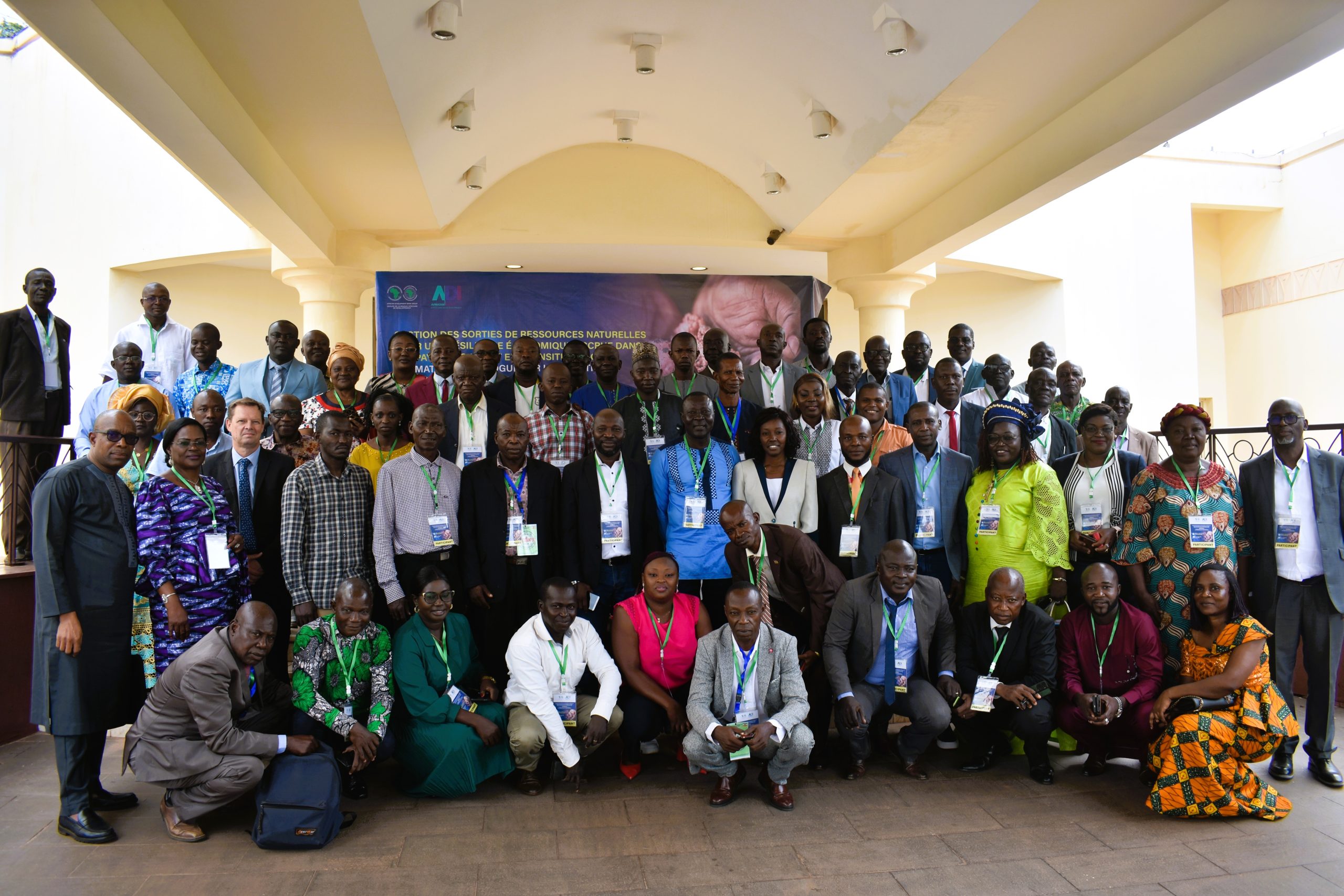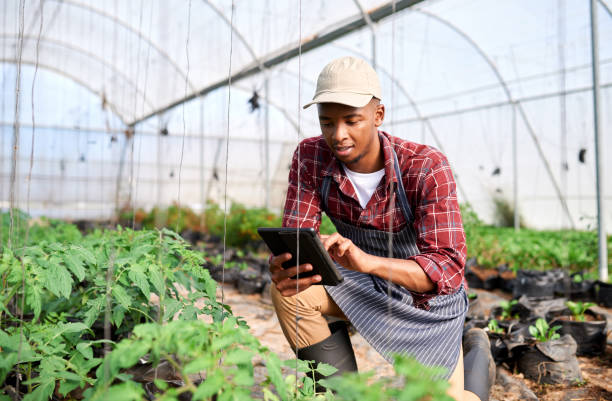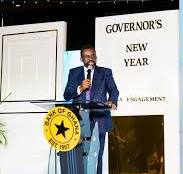African Development Bank Embarks on Strengthening Capacity
The African Development Bank Group (www.AfDB.org) has successfully concluded a high-level workshop and policy dialogue aimed at enhancing the Central Africa Republic’s capacity to combat illicit financial flows (IFFs) and improve the governance of resource-backed loans,says an official statement issued in Abidjan,Monday.
Held in Bangui from 10-13 June 2025 under the theme “Harnessing Africa’s Wealth: Curbing Illicit Financial Flows for Resilient Growth and Development,” the four-day event brought together 80 officials from key government ministries, including Finance, Economy, Planning, Environment, Mines and Geology – as well as civil society, the private sector, and local communities.
The sessions were convened by the African Development Institute (ADI) (https://apo-opa.co/4k3PqnO) and the Natural Resources Management and Investment Centre (ECNR) (https://apo-opa.co/3I7F8Wc) as part of the Bank’s GONAT initiative, which supports improved natural resource governance in fragile and transitional states.
High-level panelists included Prof. Richard Filakota, Minister of Economy, Planning and International Cooperation who also serves as the Bank’s Governor for the Central African Republic; Mr. Rufin Benam Beltoungou, Minister of Mines and Geology; and Prof. Chantal Laure Djebebe, Minister and Advisor to the Prime Minister on natural resources.
Illicit financial flows are a major challenge across the continent, draining billions of dollars annually and severely constraining the ability of African countries to mobilize domestic resources for development.
“The Central African Republic is rich in natural resources – gold, diamonds, uranium, copper, forests, among others. However, without enhanced oversight, institutional capacity, and sound strategic planning, these resources can become a source of political instability, illicit activities, and unsustainable debt,” warned Minister Beltoungou.
Workshop participants emphasized the growing use of resource-backed loans – facilities collateralized by natural resources – to finance infrastructure development. While these instruments can unlock critical funding, they also pose risks.
“Resource-backed loans are loans collateralized by natural resources and can help finance infrastructure such as roads, hospitals, and schools.
However, caution is needed in managing repayment conditions, especially when a country lacks full control over its resource accounting,” emphasized Médard Goudozoui, a geological engineer and training beneficiary.
The capacity-building sessions introduced a suite of practical tools and analytical methods for detecting and addressing IFFs in the Central African Republic.
“We explored techniques such as the Partner Country Method, trade misinvoicing, and international indices like the Financial Secrecy Index and the Corruption Perception Index – all of which help identify discrepancies between export declarations and customs records in partner countries,” noted Fanta Mariette Samba-Vomi, a geological engineer and Director of the Mining Cadastre.
According to her, such tools are critical in detecting anomalies related to under- or over-valuation of exported resources – as often seen in the gold and diamond sectors in the CAR. Gender inclusion in governance processes was also featured during the workshop.
“We welcome the GONAT project’s focus on inclusive governance, with a target of at least 40% female participation. As a Bank, we recognize that transformative and sustainable change is only possible when the voices of women and local communities are integrated into policy formulation processes,” said Mamady Souaré, Country Manager of the African Development Bank Group in the Central African Republic.
Echoing this, Alexia Molotouala, Head of Division at the Permanent Secretariat of the Kimberley Process, stated: “Increasing women’s involvement is critical because they play a key role in affected communities. Their participation enhances transparency, fairness, and policy effectiveness. Inclusive governance also promotes social cohesion and sustainable development.”
Dr. Eric Ogunleye, Director of the African Development Institute emphasized the broader impact of the sessions. “It is our firm belief that the knowledge and tools acquired will go a long way in fostering stronger oversight of resource-backed loans and better governance of extractive resources.”
Contact:
Solange Kamuanga-Tossou
Principal Regional Communication Officer
African Development Bank
media@afdb.org
SOURCE
African Development Bank Group (AfDB)




